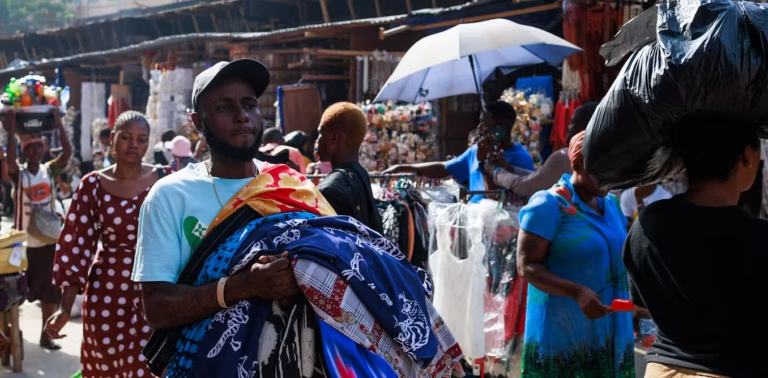Nigeria’s unemployment challenge remains one of its toughest battles. Millions of young people search endlessly for work while the formal economy struggles to absorb them. Yet hidden in plain sight lies an overlooked solution: communities themselves becoming business owners.
Across the country, from local wards to sprawling villages, the potential is staggering. With more than 80,000 villages nationwide, even if half of them each launched a single enterprise employing just 200 people, that would mean eight million new jobs. At the current minimum wage of ₦70,000, those jobs could circulate more than ₦6.7 trillion in annual wages — a game-changing boost to local purchasing power and GDP growth.
To grasp the scale, consider this: the entire Nigerian banking sector, even with generous estimates, employs under a million people. Dangote Cement, one of Africa’s industrial giants, has around 20,000 staff. By contrast, a village-enterprise model could dwarf their impact, not by centralizing wealth but by distributing opportunity.
This shift demands a change in mindset. Nigerian entrepreneurship is often imagined as a lone struggle — one person starting small, hustling to survive, dreaming to scale. But no business thrives in isolation. It takes teams, networks, and communities. Collective ownership isn’t just cultural wisdom; it’s practical economics.
That is the logic behind the One Kindred One Business Initiative (OKOBI) in Imo State. Spearheaded by Governor Hope Uzodimma, the program encourages kindreds and villages to jointly establish profit-driven, registered businesses. The requirement is simple but powerful: enterprises must be community-owned, job-creating, and sustainable.
The impact has been remarkable. In just 20 months, OKOBI has helped establish over 450 businesses and create more than 13,000 jobs — equivalent to over a quarter of the entire state civil service workforce. These are not handouts or charity projects. They are functioning businesses generating wealth at the grassroots, showing what happens when communities stop waiting for government payrolls or foreign investors and instead invest in themselves.
The lesson is clear. If Imo State can do this, so can other states. Imagine cooperative farms in the north, village-owned transport fleets in the southwest, or agro-processing hubs in the Niger Delta. Beyond jobs, such ventures would strengthen community bonds, slow rural-urban migration, and energize local economies.
Nigeria doesn’t need to rely solely on big corporations or lone hustlers. The future could belong to villages as entrepreneurs, building prosperity from the bottom up. What remains is for governments, policymakers, and philanthropists to back this model and give it the scale it deserves.
If even a fraction of Nigeria’s villages owned thriving enterprises, the economic transformation would not be abstract policy talk — it would be daily reality.


